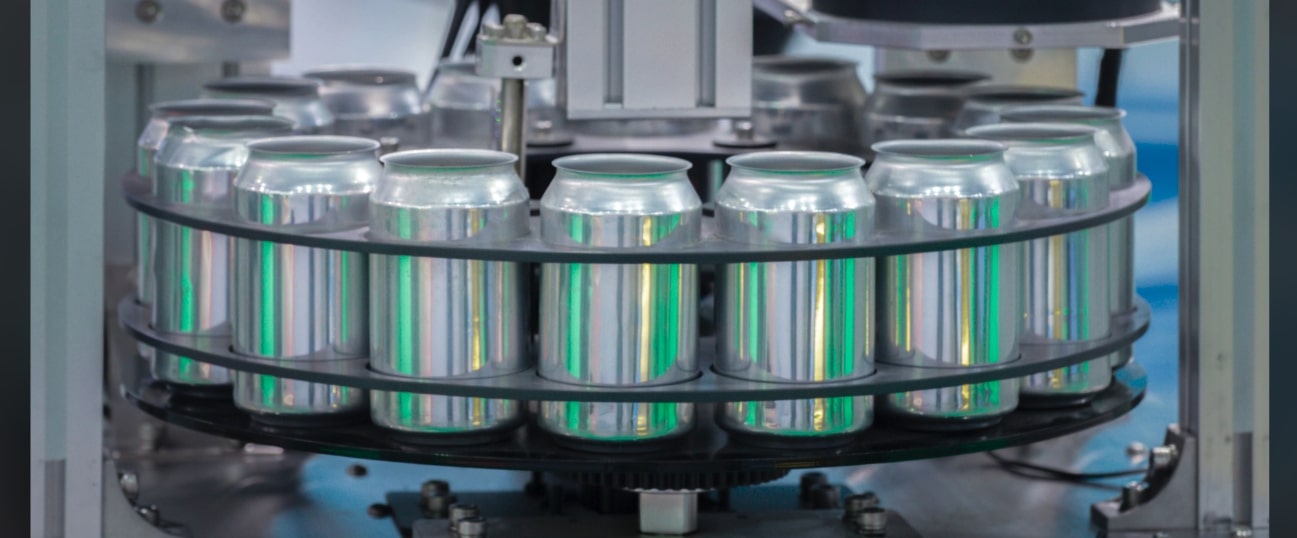In the eCommerce space, today’s modern wine and spirits brands are similar to their consumer-packaged goods counterparts, such as food and non-alcoholic beverages. These alcohol brands want to expand beyond physical retail and they aim to engage with their customers at a deeper level and own the data related to their customer demographics, interests, and geolocation. These brands are keen on prospecting new markets, launching new products, and rapidly testing their viability. They strive to curate both online and offline experiences that fortify their brand’s presence. However, in the alcohol industry there are laws and regulations that make selling online challenging. The compliance issues faced by these wine and spirit brands is often referred to as the “three-tier-system” or “three-tier compliance.”
To give a brief overview, the “three-tier system” for alcohol distribution in the United States emerged after the repeal of Prohibition in 1933. This structure was introduced to curtail certain malpractices that contributed to Prohibition, such as tied houses. In these establishments, breweries owned bars and strictly controlled what could be sold. This led to reduced competition, potentially heightened consumption, increased criminal activity, and violence.
The three-tier system was comprised of these distinct levels:
- Producers: This category was made up of entities like distillers, wineries, and breweries that create alcoholic products.
- Distributors: These are intermediaries who purchase from producers and then sell to retailers.
- Retailers: These are the entities licensed to vend alcohol to the end consumers.
Beyond curbing the aforementioned malpractices, the system ensures:
- Comprehensive control of the entire supply chain by both Federal and State Governments.
- Effective mechanisms to guarantee that substantial taxes are duly collected and reported.
- Fostering competition.
For this particular discussion, we’ll bypass the nuances that differentiate wine, beer, and spirits, the labyrinthine state-specific regulations, and debates on whether the system truly nurtures competition or inadvertently curbs it. Instead, our focus will be on the extensive measures that alcoholic beverage companies undertake to sell their products online and how Ambaum assists them in this endeavor.
Enhancing the eCommerce Alcohol Industry
Ambaum was approached by a select group of tech firms striving to empower the alcohol industry with comprehensive eCommerce solutions, all while maintaining compliance with the three-tier system. Ambaum’s client has fostered a nationwide network of retailers who cater to in-store customers and also legally ship to various locations. In support of these retailers, Ambaum’s client has also coordinated with licensed clearinghouse wholesalers. Brands sell to these wholesalers, who then distribute to the retailers. The outcome? Three-tier compliance! The icing on the cake is Ambaum’s client overseeing the Shopify website, ensuring that the financial transactions don’t flow directly between the end-customer (or retailer) and the alcohol brand.
The Technology Challenge: At its core, the challenge is to facilitate intricate order routing based on various parameters: brand availability, distributor presence, inventory status, shipment readiness, and geographical constraints like state and zip code.
The Technology Solution: The creation of a bespoke Shopify app. This app, once integrated into each brand’s Shopify store, streamlines the routing and syncs with Ambaum’s client management app. The app has predefined routing based on factors like location, Shopify merchant specifics, product details, inventory, retailer network, and the nearest retailer authorized to ship to a specific geographic location. The result is a blend of intricate routing logic, a seamless bridge between expansive ERP systems and Shopify, and streamlined facilitation of Ambaum’s client’s workflow. This empowers them to efficiently oversee hundreds of Shopify stores simultaneously.
Are you ready to talk about taking your business to the next level? Contact us today for an informal chat.

